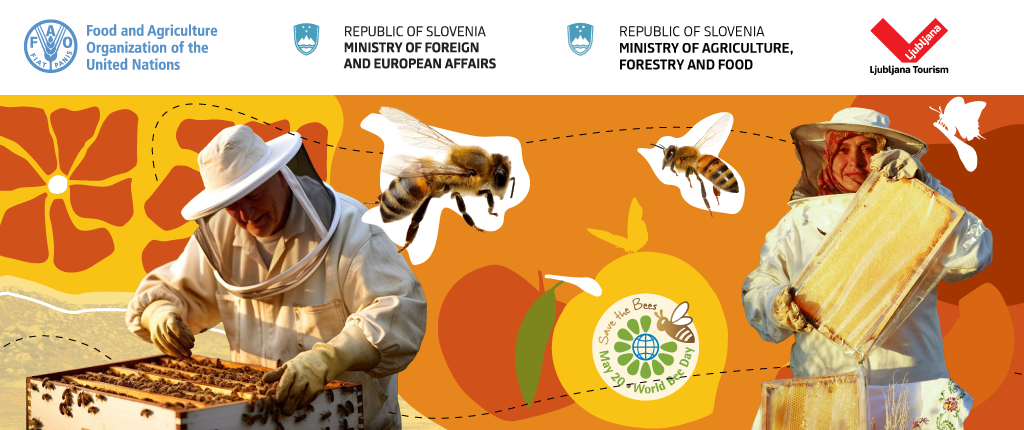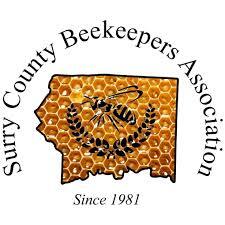Canadian Beekeepers Claim Pesticide Damage. File Class Action Lawsuit.
Canadian beekeepers launch a class action lawsuit against the manufacturers of popular crop pesticides for more than C$400 million (US$367.3 million) in damages, claiming the pesticides are responsible for the deaths of bee colonies.
The Ontario Beekeepers’ Association, which is not directly involved in the suit, says in a statement the class action has been filed by law firm Siskinds LLP to recover damages suffered by beekeepers due to the widespread use of neonicotinoid pesticides.
If successful, beekeepers who join the suit could recover losses and damages from as far back as 2006.
The statement of claim alleges that Bayer CropScience Inc. and Syngenta Canada Inc. and their parent companies were negligent in their manufacture, sale and distribution of neonicotinoids in Ontario that caused beekeepers to suffer significant losses and damage.
The London, Ontario-based law firm says in a statement it is seeking in excess of C$400 million in damages over the use of neonicotinoid pesticides, specifically those containing imidacloprid, clothianidin and thiomethoxam, designed, developed, marketed and produced by Bayer and Syngenta.
The losses include killed or weakened bees; non-productive queens and bee colonies; breeding stock; contaminated wax, combs and hives; reduced honey production and lost profits; costs incurred to meet honey and pollination contracts; and increased labor, equipment and supply expenses.
The class action seeks to recover these losses as well as C$50 million (US$45.9 million) in punitive damages.
“In the circumstances of this case, the defendants applied callous and reckless disregard for the property of the plaintiffs and class members,” the claim states.
The OBA says beekeepers or companies in the business of honey production, queen bee rearing and/or pollination services who are interested in participating should contact Siskinds directly.
“While the OBA is not directly involved in this action, we support any effort that could help beekeepers recover losses caused by the overuse of neonicotinoids,” OBA vice president Tibor Szabo says. “This action puts the blame where it belongs – on the pesticide manufacturers.”
Neonicotinoid pesticides are applied to corn, soybean and canola seeds, among others, planted in Canada. The pesticides are designed to travel throughout the plant and attack the nervous systems of insects that come into contact with the roots, stems, leaves, flowers, fruit, pollen and nectar of the plant.
The Canadian Broadcasting Corp. reports the pesticides were also found in 70% of dead bees tested by Health Canada in 2013.
“This class action relates to the impact of these pesticides on the bee population and, consequently, on beekeepers who produce honey, provide pollination services and raise queen bees essential to the continued production of fruits and vegetables,” it says.
The statement of claim alleges as a result of neonicotinoid use queens, breeding stock and colonies were damaged or died; beeswax, honeycombs and hives were contaminated; honey production decreased; and beekeepers lost profits, and incurred unrecoverable costs.
Siskinds partner Paula Lombardi says honeybees are of critical importance to the food chain:
“Without a vibrant and healthy bee population, so many of the foods we enjoy will simply no longer grow,” she says. “We cannot afford to take the bees’ important work for granted, nor can we ignore threats to their survival as a species.”
The suit specifically names two big Ontario beekeeping operators, Sun Parlor and Munro Honey, as members of the suit.
Sun Parlor is a family owned and operated business that has been in existence for about 89 years and is one of the largest honey producers and hive product distributors in Ontario.
The statement of claim says that between 2006 and 2013, Sun Parlor incurred losses of $2,112,200 (US$1,939,728) from lost bee hives and lost honey production.
Munro Honey, is a family owned business that has been in operation for 100 years. It is also one of Ontario’s largest producers and distributors of honey and hive products and is Ontario’s first commercial meadery, producing international award-winning honey wines.
Between 2006 and 2013, its losses are put at $3,001,712.50 (US$ 2,756,742.25).








